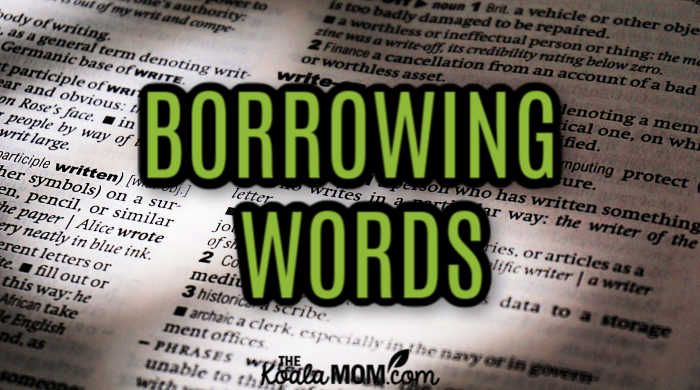American author and professor Norman Cousins once said, “Words need to be crafted, not sprayed. They need to be fitted together with infinite care.”
French poet and essayist Charles Peguy added, “A word is not the same with one writer as with another. One tears it from his guts. The other pulls it out of his overcoat pocket.”
Edward Morrison is famous for his quote, “Like stones, words are laborious and unforgiving, and the fitting of them together, like the fitting of stones, demands great patience and strength of purpose and particular skill.”

As I’ve stared at my computer over the last few weeks, trying to write several different stories for my classes and then to revise those stories, I’ve come to realize the truth of these sayings.
Writing is hard work.
Several times I’ve asked myself why I think I enjoy doing this. I’ve checked Facebook every five minutes or taken my daughters for a walk or vacuumed the living to avoid wrestling with that story waiting on my computer.
At the 2001 ICWF Spring WorDshop, writer and speaker Marcia Laycock presented the idea that we borrow words from God. He created this world, gave us the ability to communicate with each other, and He owns our words. Marcia said that He has given each of us fields to write and speak in. We borrow His words, let them hum in us and be voiced in our voice, and express them in our field.
Borrowing words. I like that idea as it conveys a sense of both inspiration and purpose. My words are not my own; God lends them to me to give to others. So as I struggle to put words to my experience, it is not only for the catharsis that I find in writing about what happened, but also for the reader to borrow from me and my words. (And in a sense, I’m borrowing this entire blog post from other writers!)
When God calls Moses at the burning bush, Moses makes a bunch of excuses. He knows how hard it will to be to walk back into Egypt and do what God wants him to do. His final excuse is that he can’t talk. God tells him, “Who gives people the ability to speak? Who’s responsible for making them unable to speak or hard of hearing, sighted or blind? Isn’t it I, the LORD? Now go! I’ll help you speak, and I’ll teach you what you should say” (Exodus 4:11-12 CEB).
Later, when God calls Jeremiah to prophesy for him, Jeremiah makes a similar excuse. He says he doesn’t know how to speak because he is “only a child.” God says that doesn’t matter: “Where I send you, you must go; what I tell you, you must say. I’m putting my words in your mouth” (Jeremiah 1:7, 9 CEB).
I find those stories encouraging, because often I feel that I don’t have the words or experience or skills. Yet just like Moses and Jeremiah, I can borrow the words that God wants me to share with those around me.

No Responses Yet